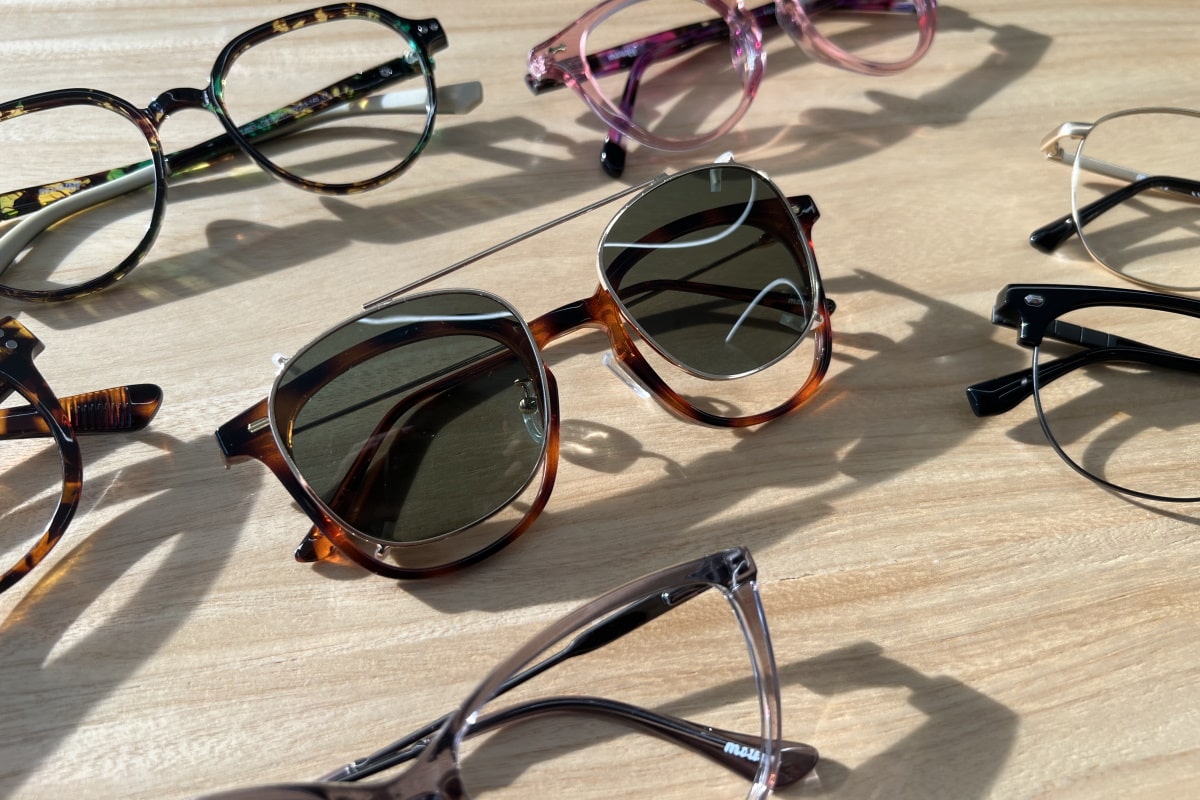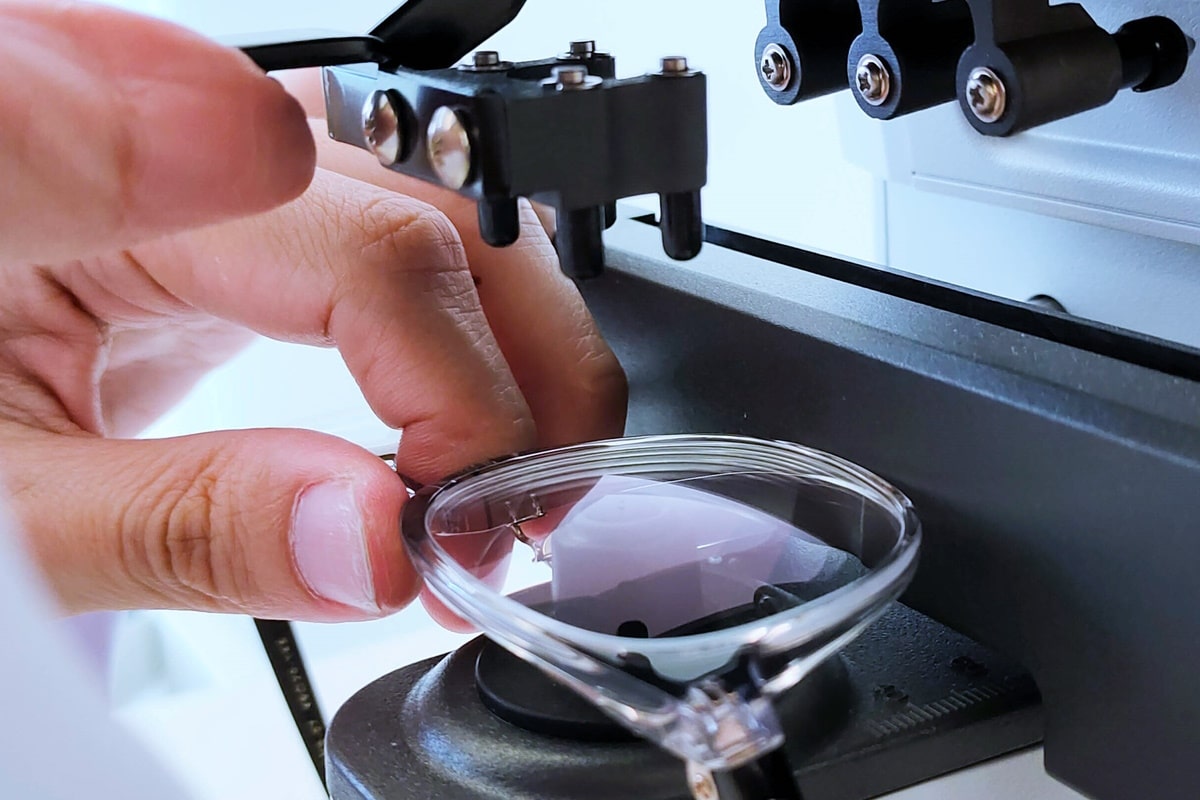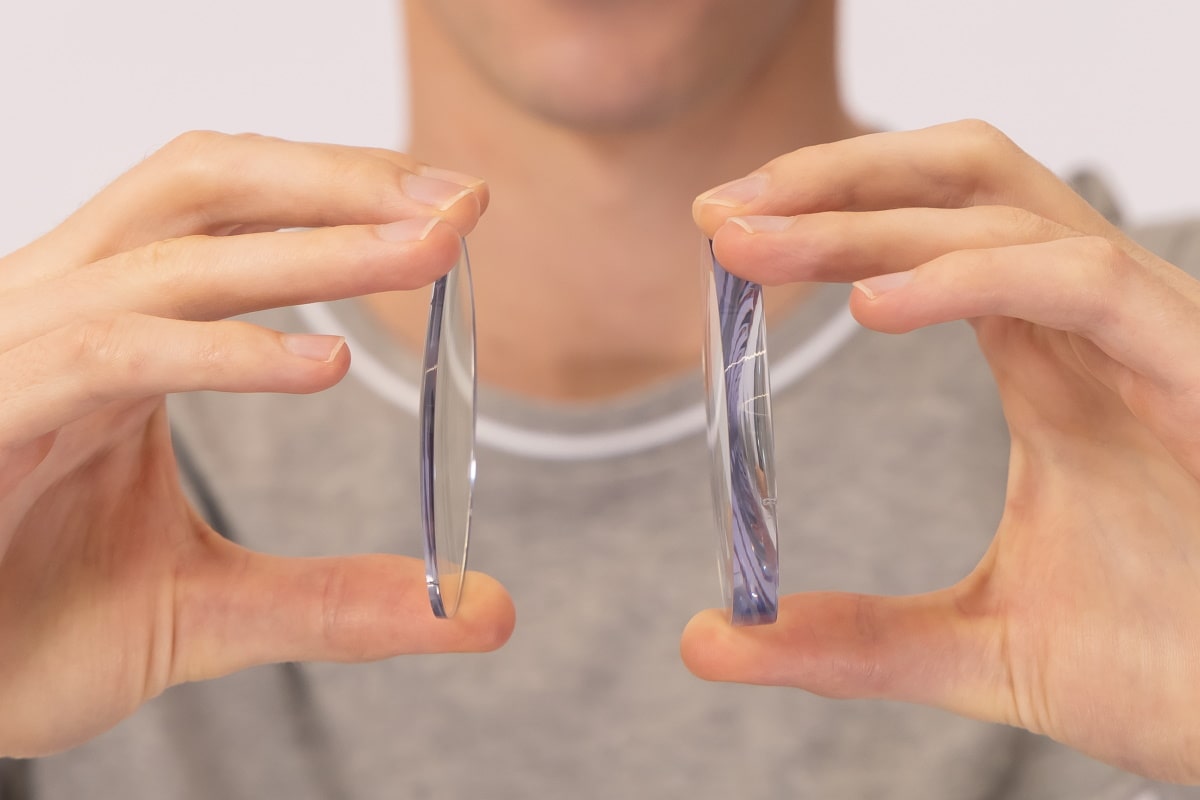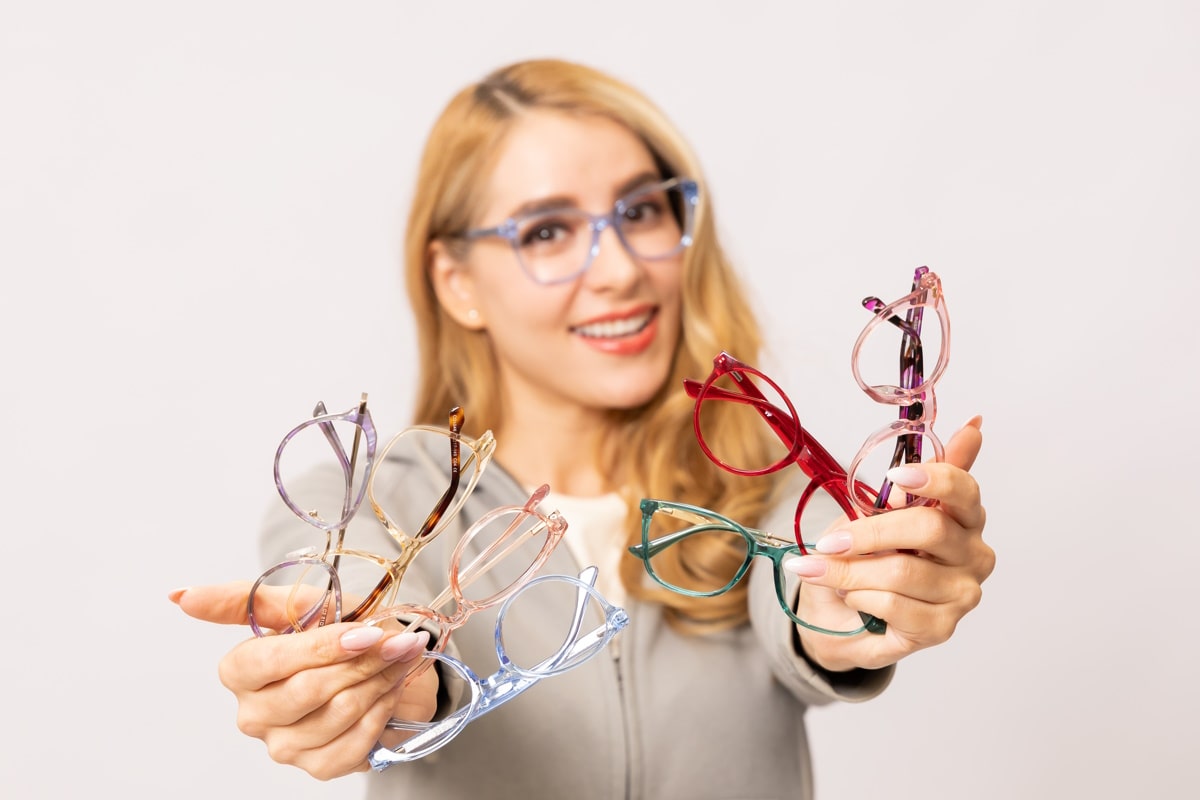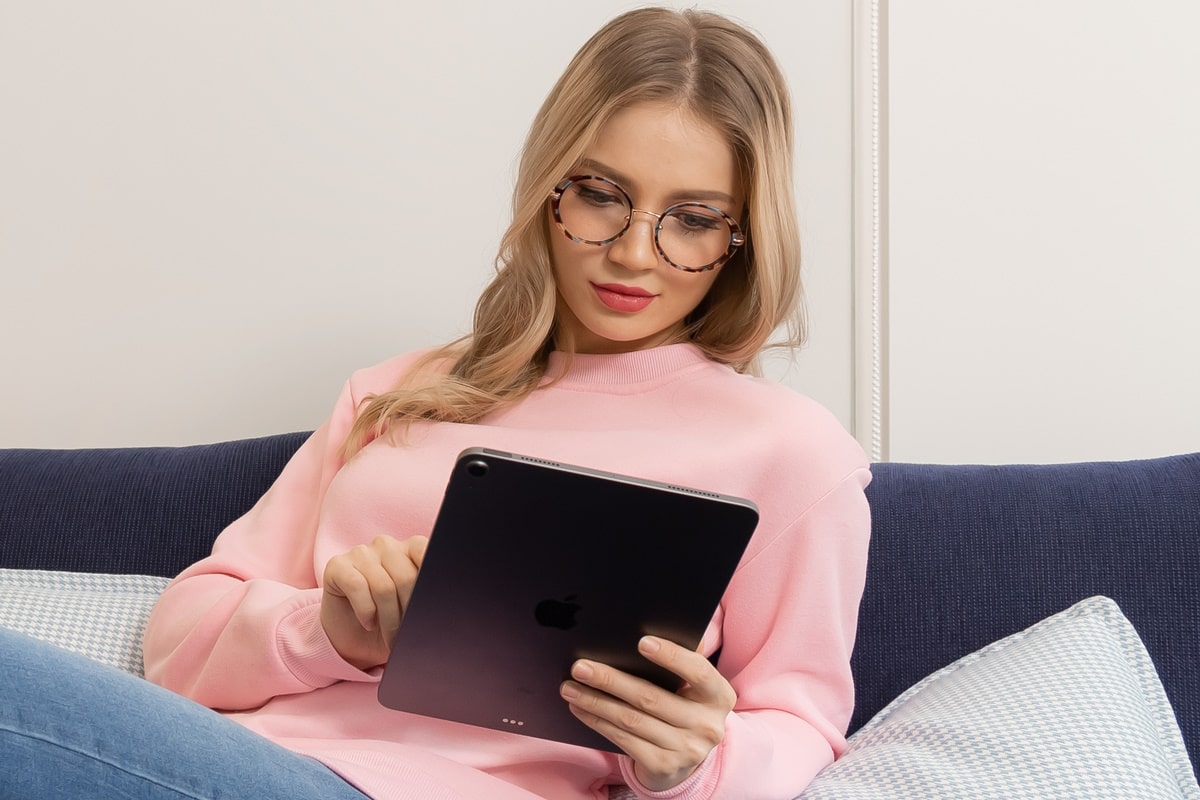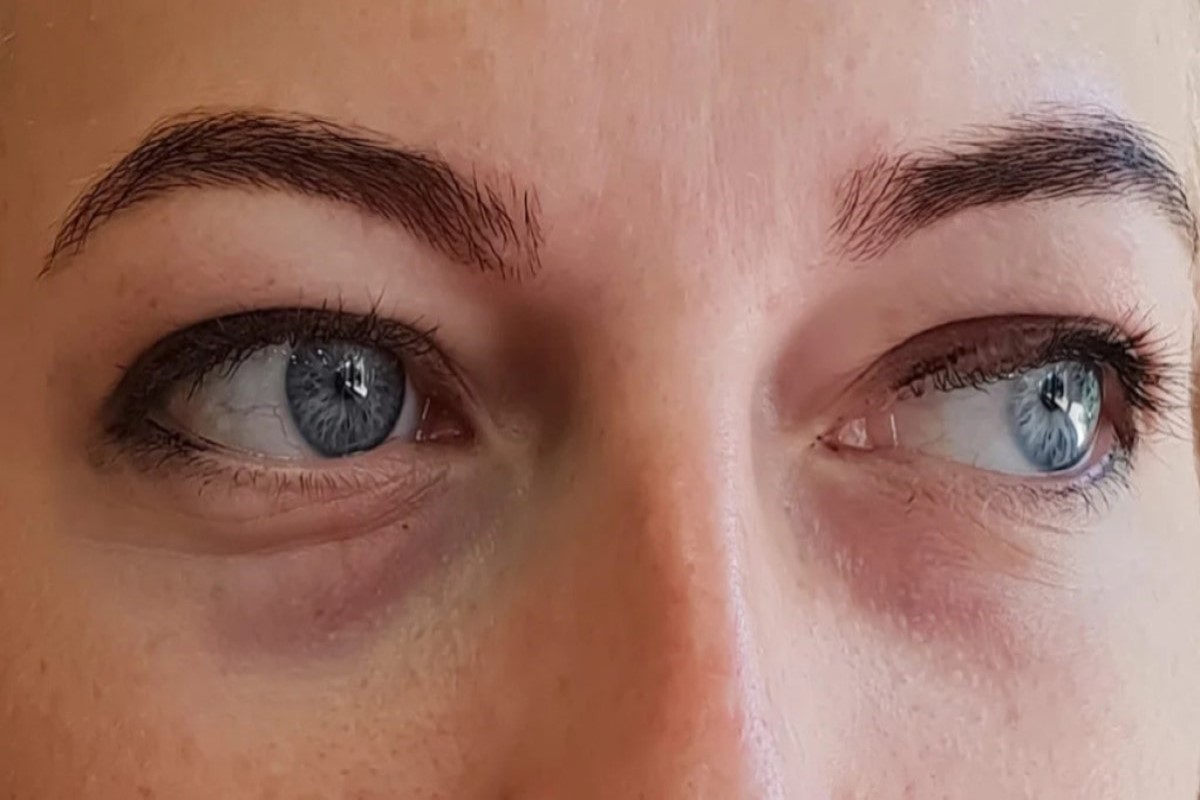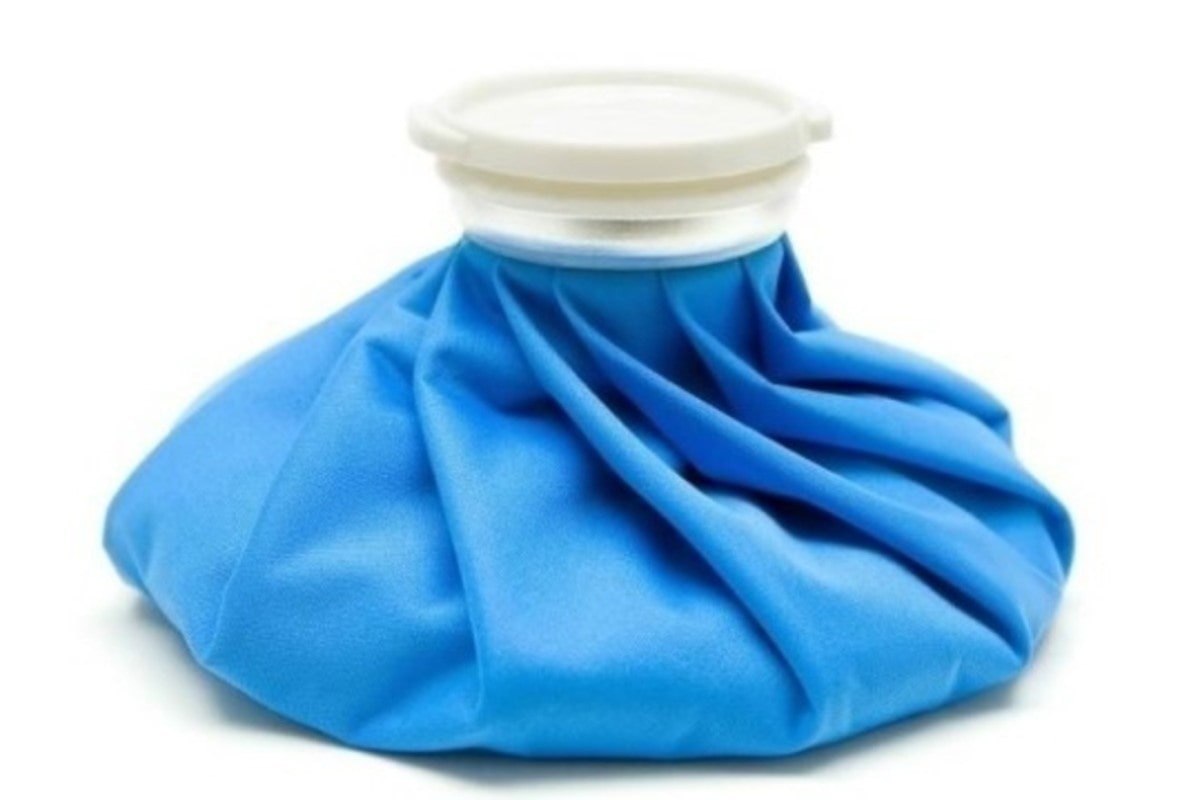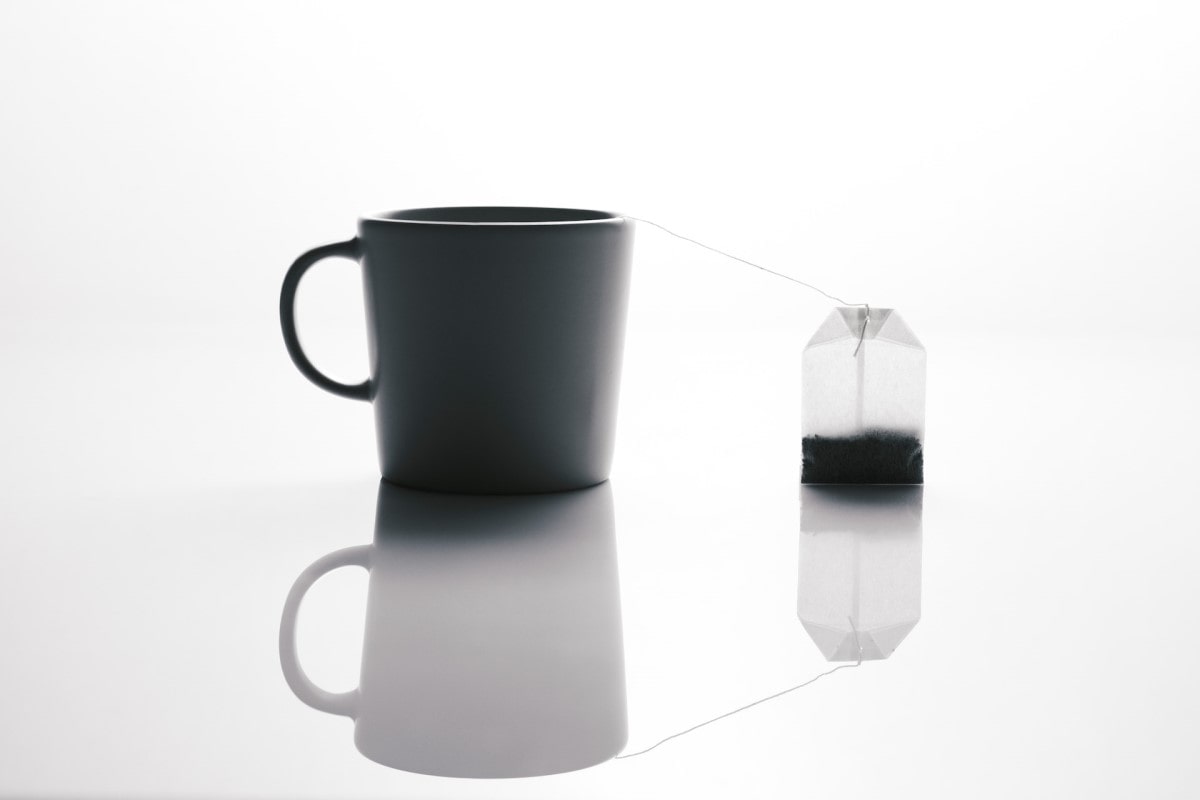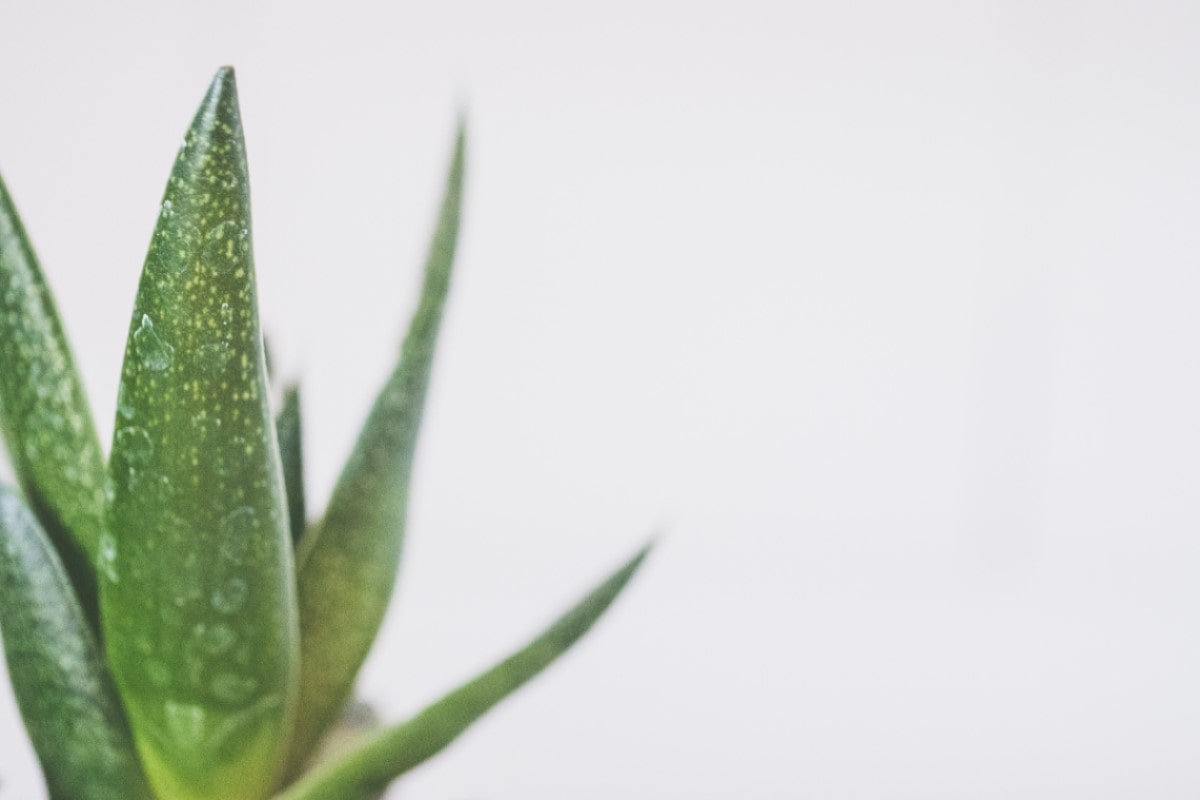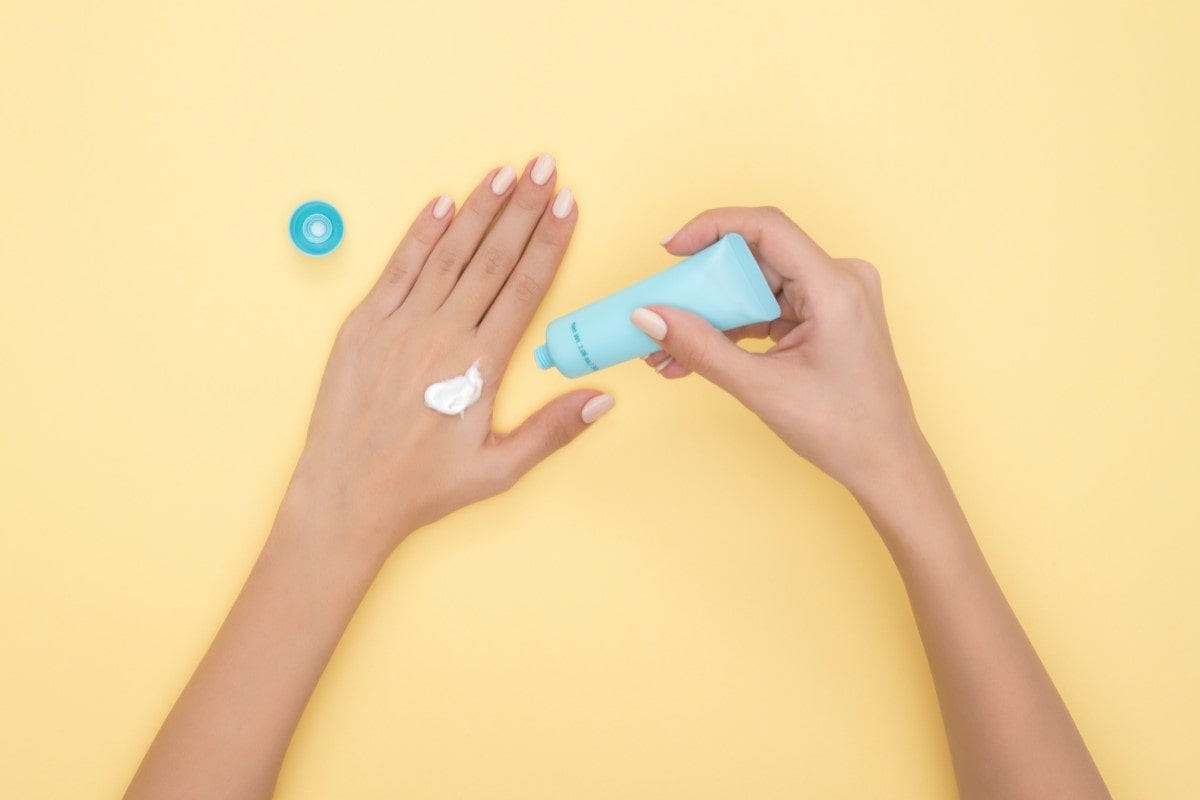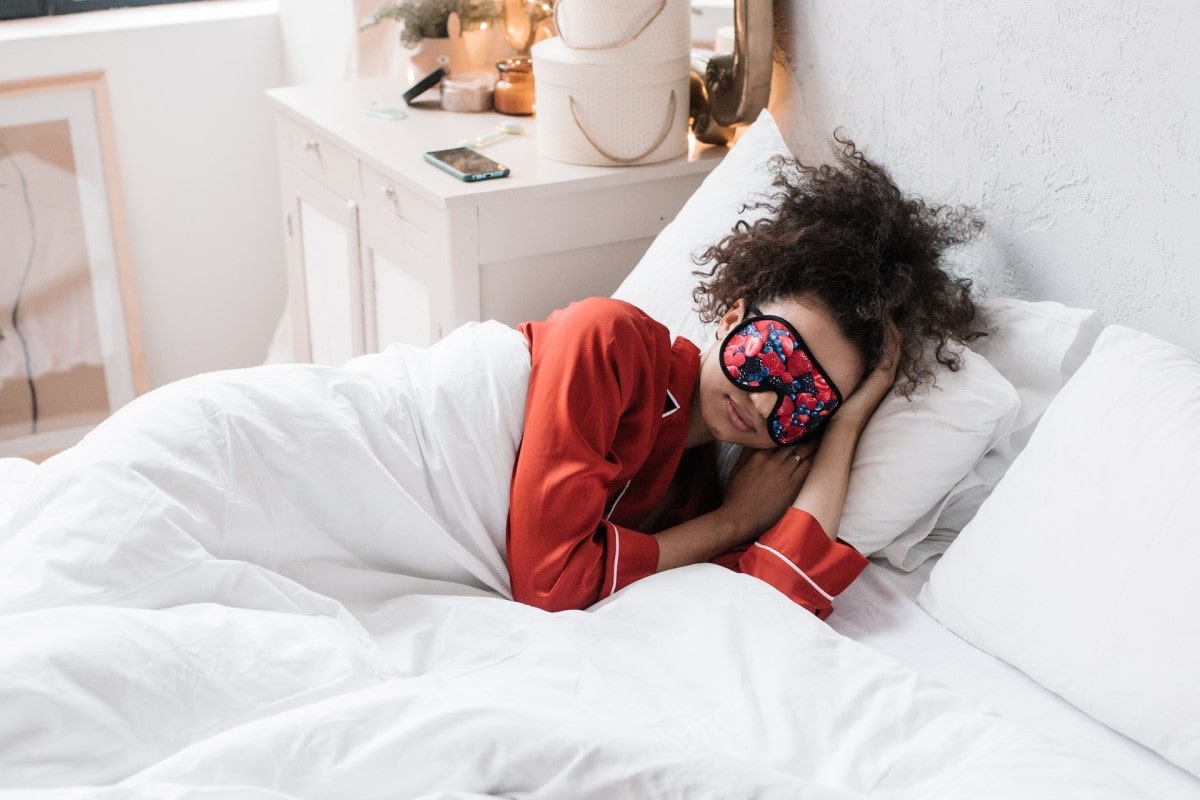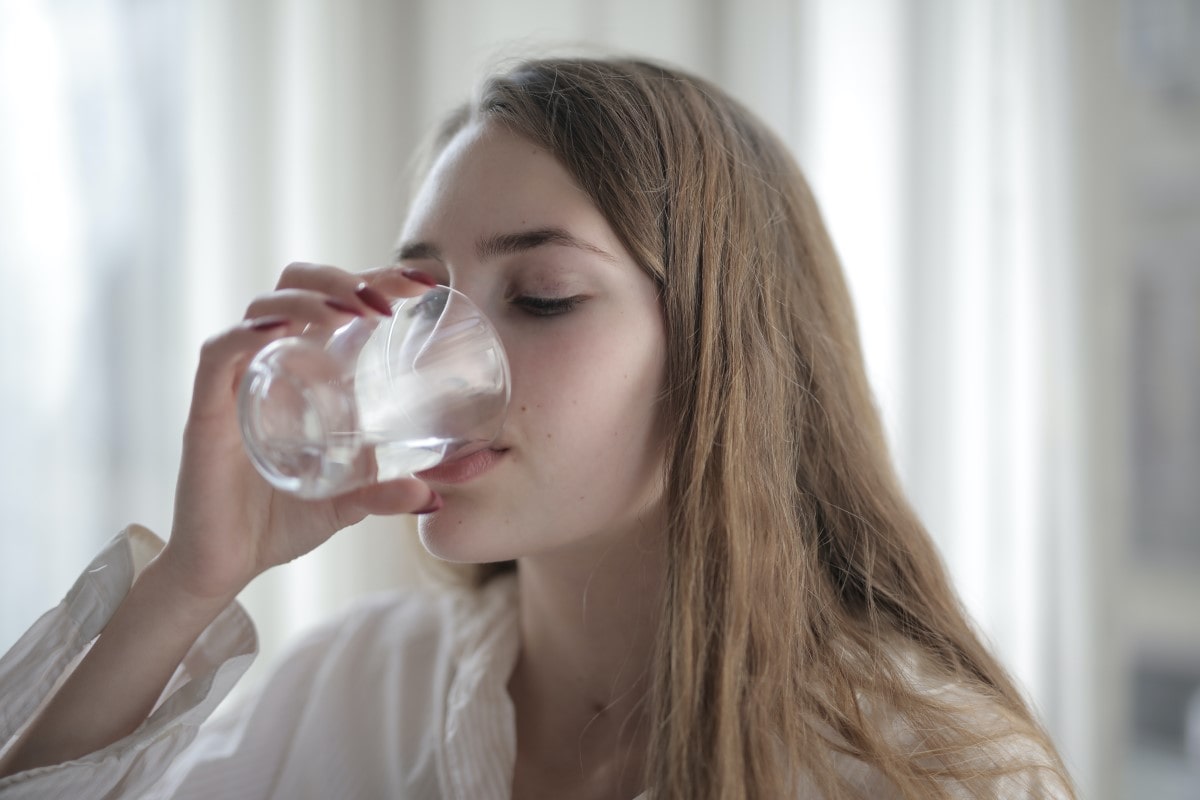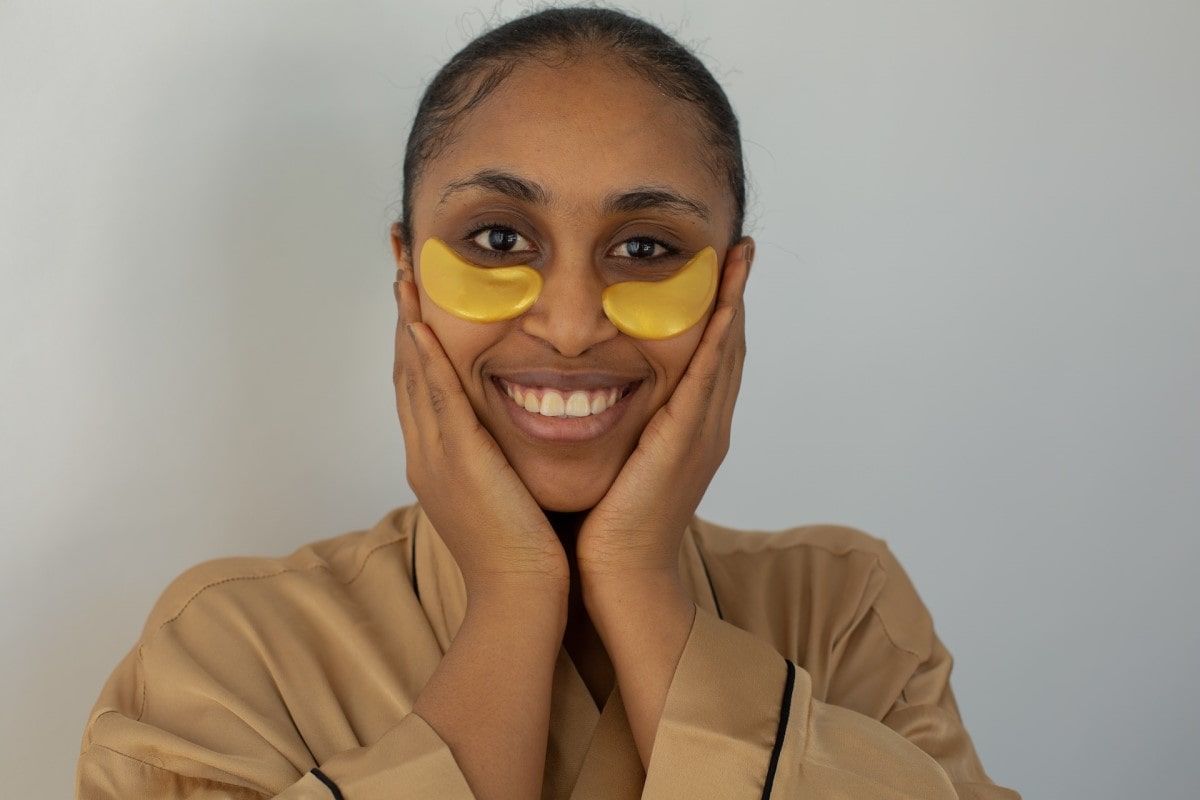How to Get Rid of Bags under Eyes
Have you ever experienced waking up in the morning to find your eyes swollen and puffy? You’re not alone.
Eye bags or puffy eyes are a common issue affecting many people, making them look tired and older. However, many effective ways exist to get rid of eye bags and restore a refreshed appearance.
In this article, let’s explore some tried-and-true methods for banishing those pesky under-eye bags.
How can I tell if I have normal or puffy eyes?
Eye bags are a noticeable physical symptom that can make you appear tired and unwell. They can affect anyone at any age for several reasons.
The most apparent sign of eye bags is swelling around the eyes. This swelling can range from mild to severe, giving the eyes a saggy, droopy appearance. In some cases, it can even extend to the cheeks or forehead.
Aside from swelling, you may also note that eye bags may be reddish or itchy. That occurs on the skin around the eyes. You may even feel a burning sensation. These symptoms can be uncomfortable and painful, making it difficult to focus on daily tasks.
Other potential symptoms of eye bags include dark circles, wrinkles, and bags under the eyes. Dark circles can make you look older and more tired than you are, while wrinkles can add to the appearance of aging. Bags under the eyes can also signify eye bags and create a bulging or protruding effect.
How to get rid of eye bags at home
Several home remedies can work wonders for reducing puffiness around the eyes. Below are some of the most effective and commonly used methods:
Cold compresses
Using a cold compress can aid in reducing swelling and inflammation. Use a washcloth soaked in cold water, a bag of frozen peas, or a chilled gel eye mask. Place the compress over your closed eyes for 10-15 minutes and repeat twice daily.
Tea bags
Tea bags are rich in caffeine and antioxidants, which can effectively constrict blood vessels and diminish swelling. After brewing tea, cool the bags and place them over your eyes for 10-15 minutes. Black tea and green tea are both excellent options.
Cucumber slices
The cooling properties of cucumber slices can help reduce puffiness and soothe the skin. Cut two thick cucumber slices and place them over your closed eyes for 10-15 minutes.
Aloe vera
Aloe vera is known for its anti-inflammatory and cooling effects. Apply fresh aloe vera gel around your eyes and leave it for 10-15 minutes before rinsing it with cool water. Remember to wash your face and hands before using any of these remedies to ensure your skin is clean.
If home remedies fail, seek medical treatment
Medical treatments may be necessary for severe or persistent cases of eye bags. Here are some options to consider:
Over-the-counter medications
Several over-the-counter and prescription creams and medications can help reduce inflammation and swelling around the eyes. Your doctor might suggest using a cream that reduces inflammation called hydrocortisone. Or, they suggest taking antihistamines to relieve swelling caused by allergies.
Non-invasive procedures
Laser therapy and radiofrequency treatments are non-invasive procedures help tighten and firm the skin around the eyes. These procedures use energy to stimulate collagen production, improving the appearance of puffiness and wrinkles.
Surgery may be necessary in worst cases
Surgery may be necessary to address severe puffiness around the eyes. Blepharoplasty, or eyelid surgery, is a standard procedure that can remove excess skin and fat from the eyelids for a more youthful and refreshed appearance.
If you’re considering medical treatments for eye bags, it’s essential to consult a qualified healthcare professional to determine the best course of action in your case.
Tips for preventing eye bags
Maintaining sound eye health is essential, and the best way of dealing with eye bags or puffy eyes is to try and prevent the condition before it happens. Luckily, you can make many lifestyle changes to prevent eye bags.
One crucial step is to avoid allergens like pollen, dust, and pet dander. Use air filters in your home and keep your living space clean and dust-free.
Lack of sleep can also contribute to eye bags, so aiming for at least 7-8 hours each night and establishing a consistent sleep schedule is essential.
Exposure to blue light disrupts your natural sleep cycle. It can also cause skin damage and accelerate aging. Reducing blue light exposure before bedtime may help improve sleep quality, preventing eye bags.
Dehydration can also cause eye bags, so drink plenty of water throughout the day and limit your intake of alcohol and caffeine. A healthy diet of fruits, vegetables, and lean protein can help.
Finally, protecting your eyes and skin from UV rays is crucial. Wear sunglasses and a hat with a brim when outdoors, and apply sunscreen regularly.
Myths and misconceptions about eye bags
Many myths and misconceptions surrounding eye bags can make it challenging to find effective treatments.
For example, some say that eye bags are due to lack of sleep. While a lack of sleep may contribute, many other factors can also play a role. Allergies, dehydration, and even genetics can affect puffiness around the eyes.
Other myths and misconceptions include the following;
Myth #1. Eye bags only affect older people
Fact: Eye bags can affect people of all ages, including young adults and children. Many things, not just age, cause them.
Myth #2. Drinking more water can cure eye bags
Fact: While staying hydrated is essential for overall health, drinking more water is not a cure-all for eye bags. Knowing why you have eye bags is the key to proper treatment.
Myth #3. Hemorrhoid cream can cure eye bags
Fact: Hemorrhoid cream contains phenylephrine, which can temporarily constrict blood vessels and reduce puffiness. However, using hemorrhoid cream on the delicate skin around the eyes can be harmful and is not recommended by healthcare professionals.
By understanding the truth about these myths and misconceptions, you can make more informed decisions about preventing and treating eye bags. It’s essential to consult with a qualified healthcare professional if you experience persistent puffiness or have any concerns about your eye health.
Caring for your eyes for health & appearance
Eye bags can be a nuisance and a source of frustration for many people. Whether caused by lack of sleep, allergies, or other factors, they can significantly impact our appearance and make us feel less confident.
We can only restore our youthful, refreshed appearance and feel better about ourselves by taking proactive steps to prevent and treat eye bags. Prioritize your eye health and seek proper care and advice when necessary.
References
- “Blepharoplasty”, Mayo Clinic.
- “Should You Use Hemorrhoid Cream for or Under Your Eyes?”, NVision Centers.

Written by:
Angie Garcia

